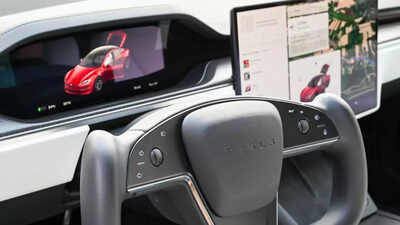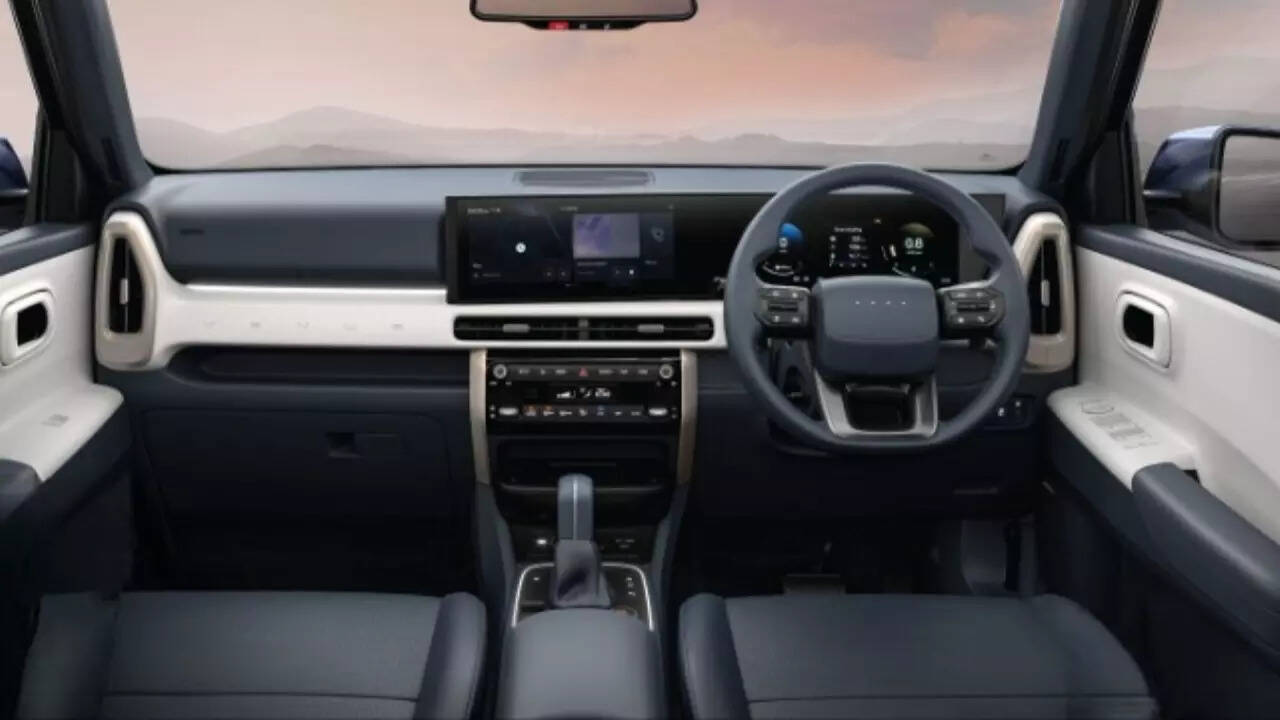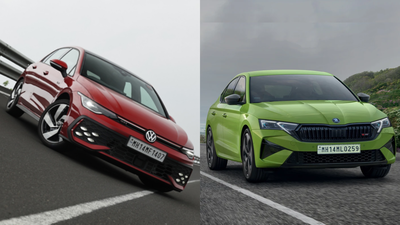How AI is turbocharging the future of Indian auto industry’s software-driven revolution

This article is authored by Rishi Aurora, Managing Partner, IBM Consulting India & South Asia and Biswajit Bhattacharya, Lead Client Partner & Automotive Industry Leader, IBM Consulting India & South AsiaIndia’s automotive industry is racing at breakneck speed towards a future of Software-Defined Vehicles, fuelled by advancements in Artificial intelligence (AI) technology. As cars become more connected, software-defined, and autonomous, customers are expecting in-car experiences to be more personalised and aligned to their comfort and convenience.In response, automotive companies worldwide are transitioning from a one-time car sales model with maintenance to a recurring revenue model for digital services and products. While current digital- and software-related revenue accounts for 15% of overall industry revenue, this share is set to surpass 51% by 2035, according to a study by IBM Institute for Business Value.With India among the top five automotive markets globally, these trends are playing out here too. OEMs in India are pursuing an end-to-end mobility solution built around the car. This requires an ecosystem of players working together to drive product and service innovation at a massive scale that AI can push forward. Activating Change and Opportunity in Product InnovationStudies suggest that the transition to AI-powered innovation will accelerate further. Auto executives anticipate using AI to raise the perceived value of products as well as digital services over the next few years. However, auto companies must focus on setting the stage for sustainable gains from AI. In particular, India’s auto manufacturers have a terrific opportunity to match and exceed customer expectations by embracing more software and AI capabilities in the vehicle. There is an opportunity to redefine their business and innovation strategies for the long haul. For their part, OEMs can explore new revenue pathways by expanding their offerings into digital products and services.
Before going all out, however, they must lay the groundwork for SDV technologies and processes. This includes re-designing in-car electrical and computing platforms to implementing new software development tools and methodologies, and enforcing regulatory compliance measures. With these foundational elements in place, even a market like India, with its overburdened road systems, can benefit from the tech revolution in the automotive industry. For instance, Indian consumers can take advantage of assisted driving systems to strengthen vehicular and driver safety aspects. This is just the beginning. Around the world, automotive OEMs are already exploring various use cases that aggregate AI capabilities in-car and outside to lift the overall experience.
AI use cases propelling India’s Auto Revolution
One of the prime candidates for AI enablement is on the edge, inside the connected car. Real-time monitoring of the driver is possible as valuable and timely insights can be extracted and delivered from within the car. AI-led data integration with non-industry agencies, such as insurance and hospitals, can unlock a host of novel services that are meaningful to consumers. With personalised offerings becoming key for continued customer engagement and revenue generation, automotive and other manufacturing companies cannot afford to miss opportunities to create highly customised and specific campaigns. Here, AI can empower the nuanced understanding of consumer preferences and buying behaviour that is required, especially as data capabilities advance in the near future.Another promising area for AI applications is after-sales service experience for consumers. This area can greatly benefit from new and more effective ways to bridge communication gaps, helping OEMs understand their specific needs. For instance, consumer problems stated in layman’s terms can be translated using AI into a more technical articulation and facilitate satisfactory resolution.While these use cases indicate the potential value of AI adoption, experts believe that an open, trusted, and hybrid-by-design strategy is in order. This means automotive companies must be able to run AI and GenAI applications in a hybrid environment — sensitive data and activities remain on-premises while public cloud is leveraged for scalability.
Acing the software-driven mobility transition using AI in the long run
Studies suggest that passenger car ownership in India is expected to grow by multi-fold over the next two decades. Most drivers now expect their driving experience to become safer and enjoyable with in-vehicle tech.Therefore, in an AI-powered future for mobility, India’s automotive companies must transition to software-defined vehicles to secure a competitive edge. By embracing practices of responsible AI, secure data management, and high-performance computing, they will be better prepared to overcome varied and complex challenges along the way.Disclaimer: Views and opinions expressed in this article are solely those of the original author and do not represent any of The Times Group or its employees.






